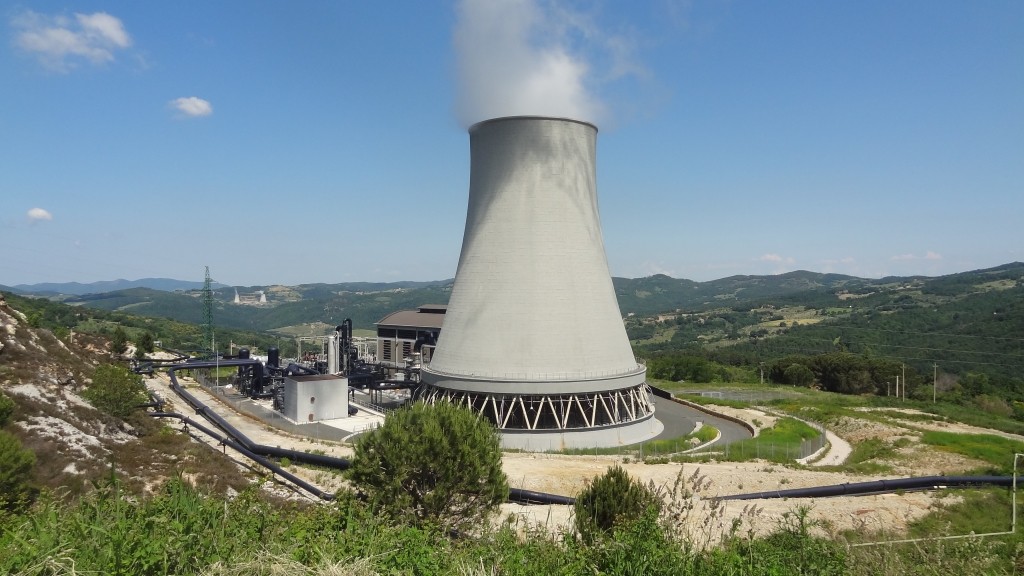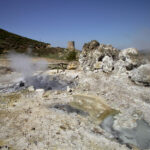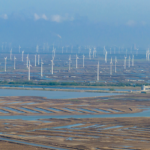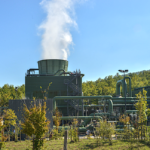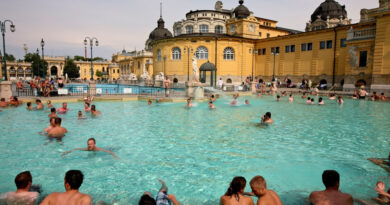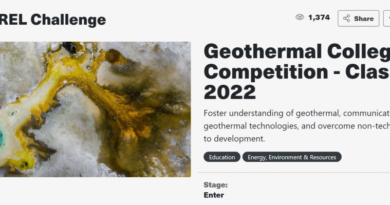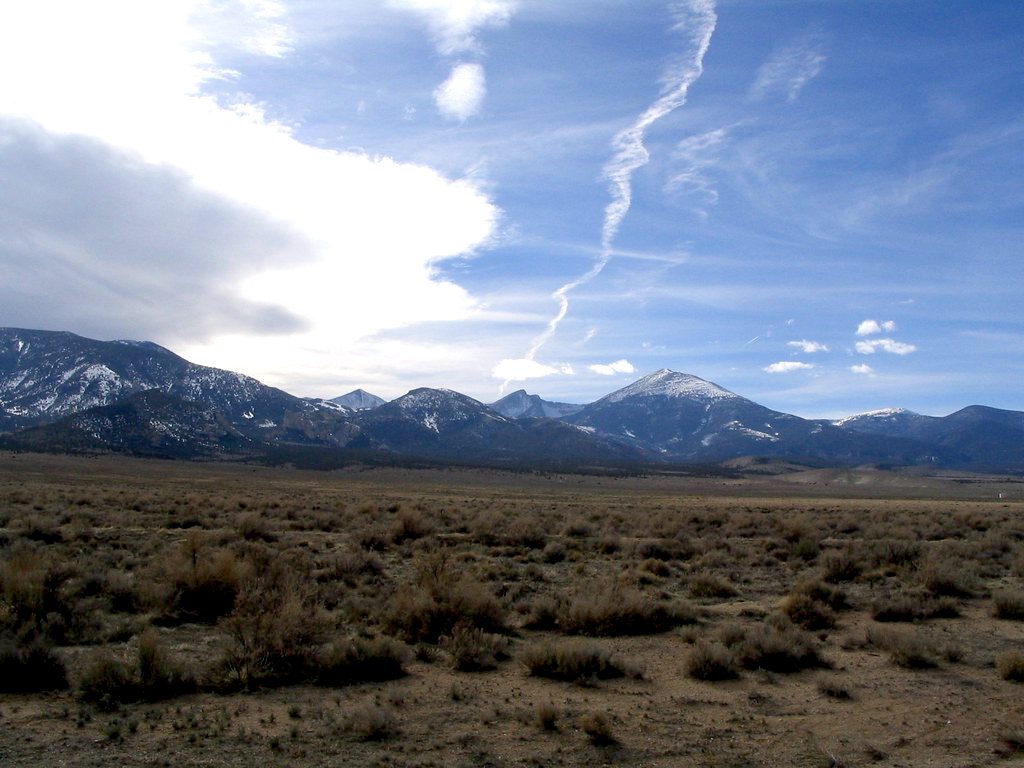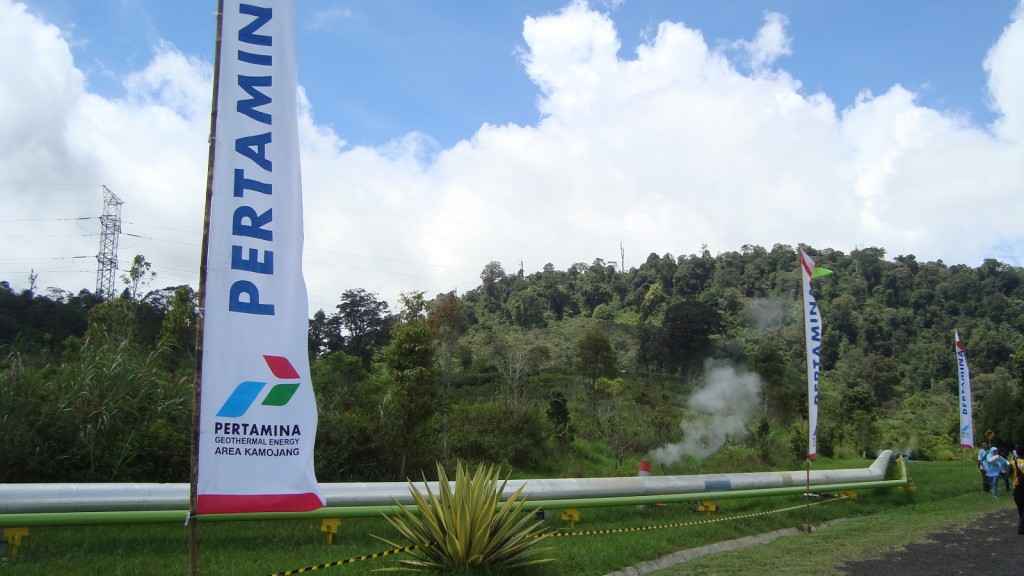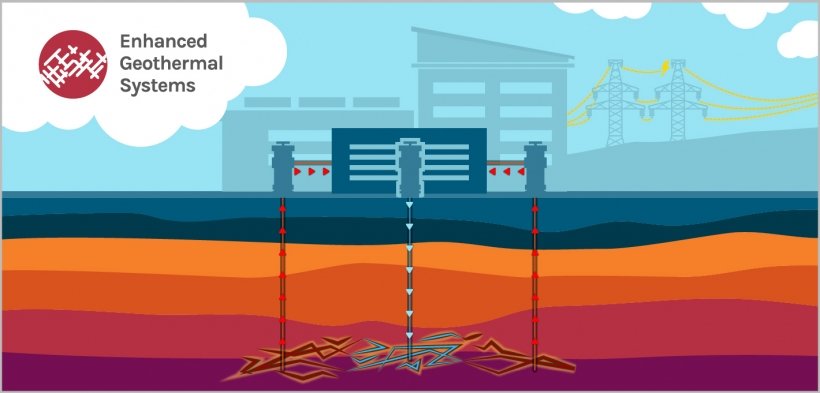Why is Italy not investing into further geothermal development?
Energy Disrupter
Why is Italy not investing into further geothermal development? This opinion tries to highlight the status quo of a stagnating industry despite its potential role in the energy transition.
When it comes to renewables, at least in Italy, geothermal energy – that is, the exploitation of terrestrial heat to produce electrical or thermal energy – still appears rather neglected, so a recent opinion piece by Matteo Marcelli in Italian publication Avvenire. Among the layman it is practically unknown or almost unknown, especially compared to other European countries with potential similar to ours. But there is little discussion about it even in the context of national energy policies. Yet it would have considerable development margins, even if only due to the geological characteristics of various areas of our territory, suitable for this type of plant but not yet properly exploited.
The gross inland electricity consumption data provided by Terna (the latest available on the company portal date back to 2019), are eloquent: against a general growth in the use of renewables equal to 1.3% over the year previous, geothermal has recorded a decline of 0.5%. While wind, photovoltaics and bioenergy have all increased.
As regards production, on the other hand, and according to the numbers collected by the Italian Geothermal Union, the contribution of geothermal to the total generated compared to other renewables is equal to 3.5%, 5.4% if we are talking about electricity production and 2% for the thermal one. Nevertheless, “Italy has extraordinary resources, especially in Tuscany, but in the whole Tyrrhenian area. Until a few years ago it was in fourth place in world production, but it has remained firm and has now dropped to eighth – explains Adele Manzella, president of the Italian Geothermal Union (Ugi) and first researcher at CNR -. Let’s not forget that our country invented the geothermal sector and until the Second World War we were the only ones to produce energy in this way. As skills and resources, therefore, we would be at the forefront. We have a considerable industrial chain dedicated to geothermal energy which, however, now works almost always outside. There is no development and not for lack of capacity, but because the projects are all at a standstill.”
“In terms of skills and resources, we would be at the forefront. We have a considerable industrial chain dedicated to geothermal energy which, however, now works almost always outside. There is no development and not for lack of capacity, but because the projects are all at a standstill ”
In Italy, as mentioned, the best known use of geothermal energy is electricity production, but thermal application also occupies an important space. The terrestrial heat is extracted and used above all for the air conditioning of environments, which alone covers 52% of national production, while another 32% is destined for balneotherapy or thermal use. Then there are aquaculture, agriculture (in particular for greenhouses) and other industrial applications.
But what are the disadvantages that make the spread of geothermal energy so difficult? First of all, the initial costs: “Geothermal energy has the great problem of requiring the drilling of wells. A very expensive process which, however, is recovered from the cost generated during the life cycle of the plants – continues Manzella – comparable and in some cases lower than that of other energies. And this applies to both electrical production and thermal uses. Not to mention that geothermal energy can go into production continuously and the yield does not depend on climatic factors, such as the presence of sun or wind. A geothermal plant always produces, 24 hours a day.”
To complicate matters, however, there is also a certain degree of risk, because you cannot be sure of the characteristics of the resource you intend to use before getting there and you may have overestimated the yield. Furthermore, drilling is a complex job and can have important environmental impacts.
Source: Avvenire


